Four essential dystopian novels
In a politically volatile world, these post-apocalyptic works of fiction are finding new relevance. Read 'em and weep…
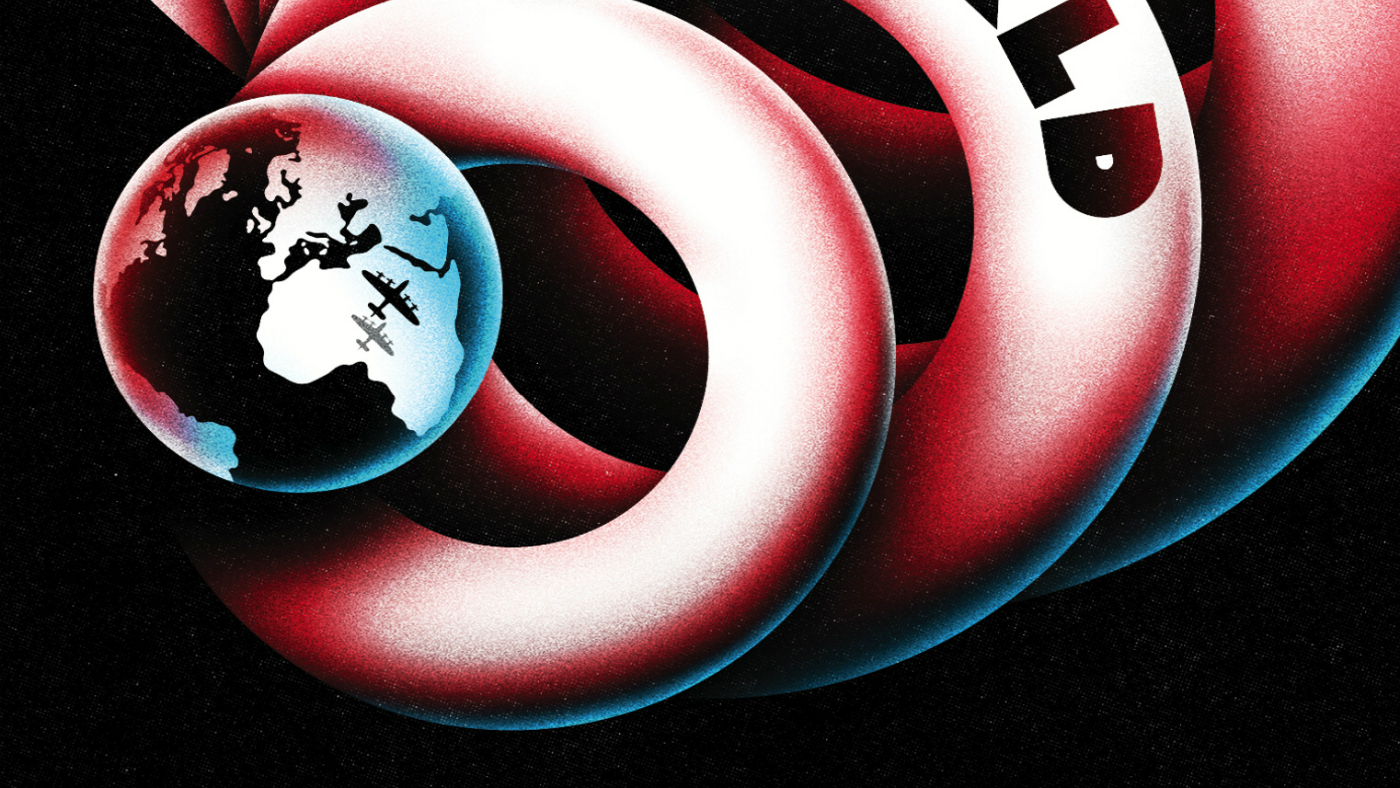
A free daily email with the biggest news stories of the day – and the best features from TheWeek.com
You are now subscribed
Your newsletter sign-up was successful
Anyone with even a passing interest in politics could be forgiven for thinking this is the end of the world as we know it – from the anxieties brought forth by Brexit and the US election to climate change to missile launches, these are tumultuous times. It's certainly no coincidence, then, that sales of George Orwell's seminal 1984 have been on the rise – the book has been sitting near the top of Amazon's US bestsellers list since Donald Trump’s counsellor Kellyanne Conway used the term "alternative facts" in January, bringing to mind Orwell's thought-limiting concept of "newspeak". But while 1984 is perhaps the best-known work of dystopian fiction, it's far from the only one. These four classics offer some of the genre's best – and most unnerving – visions for the future.
The Road by Cormac McCarthy
McCarthy's bleak saga sees a father and his young son traverse across post-apocalyptic America, the land torched and barren from an unnamed catastrophe, with nothing but a small stockpile of supplies and a pistol at their disposal. Cannibal gangs, sickness and lack of food threaten their survival as they head south towards the coast, where they hope to flee the coming winter. A grim look at the themes of love, death, survival and good versus evil, the novel was awarded the 2007 Pulitzer Prize and the 2006 James Tait Black Memorial Prize, and made into a film in 2009.
The Week
Escape your echo chamber. Get the facts behind the news, plus analysis from multiple perspectives.

Sign up for The Week's Free Newsletters
From our morning news briefing to a weekly Good News Newsletter, get the best of The Week delivered directly to your inbox.
From our morning news briefing to a weekly Good News Newsletter, get the best of The Week delivered directly to your inbox.
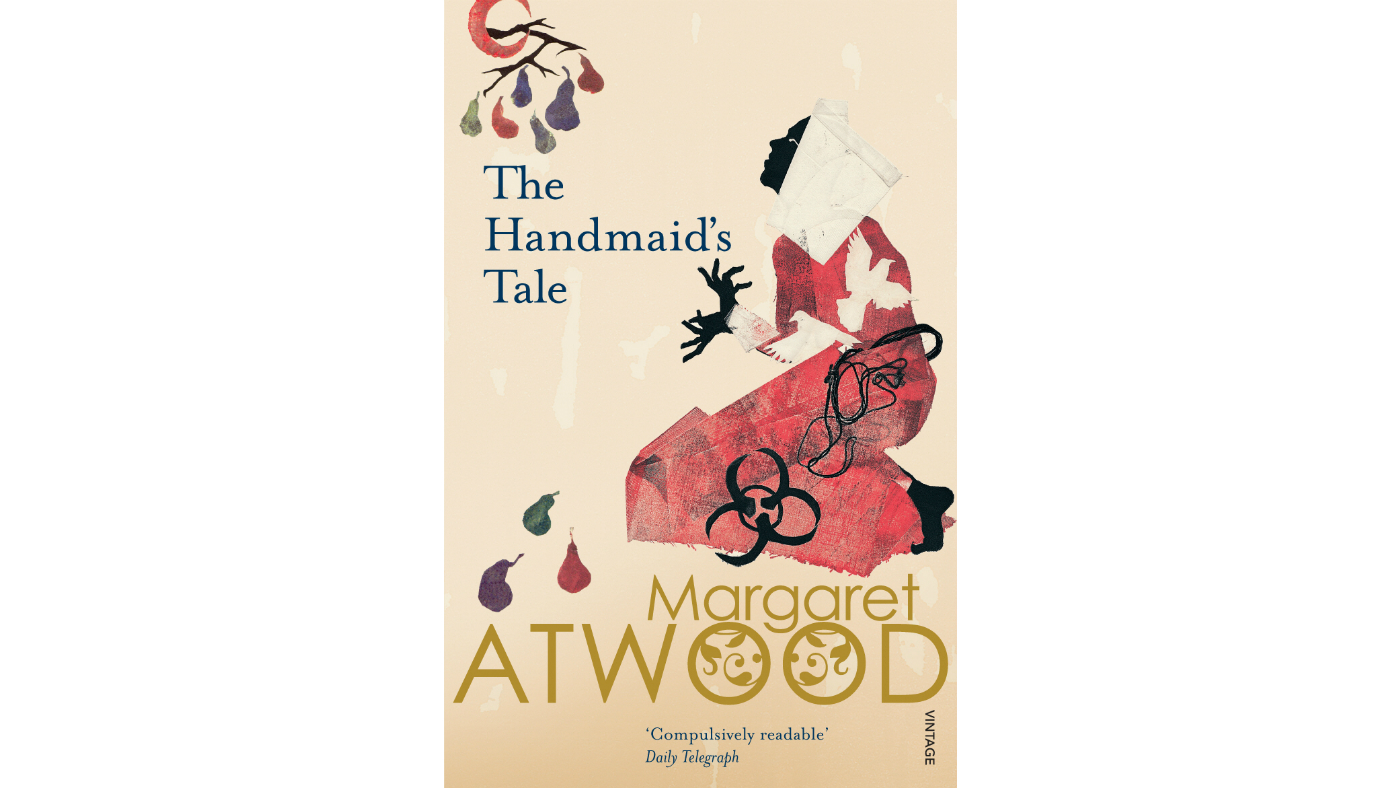
The Handmaid's Tale by Margaret Atwood
In a totalitarian future, women's rights are suddenly and severely restricted –those who are incapable of integrating with the ideals of the new regime are banished to "the Colonies" to clean radioactive waste, while fertile young women are kept as "handmaids", forced to bear children for elite couples. Atwood attributed the book's recent sales spike to the Trump government's conservative views on women's issues, expressing concern at the "puritan values" held by the new administration. A television series based on the 1985 novel will be airing on US network Hulu in April.
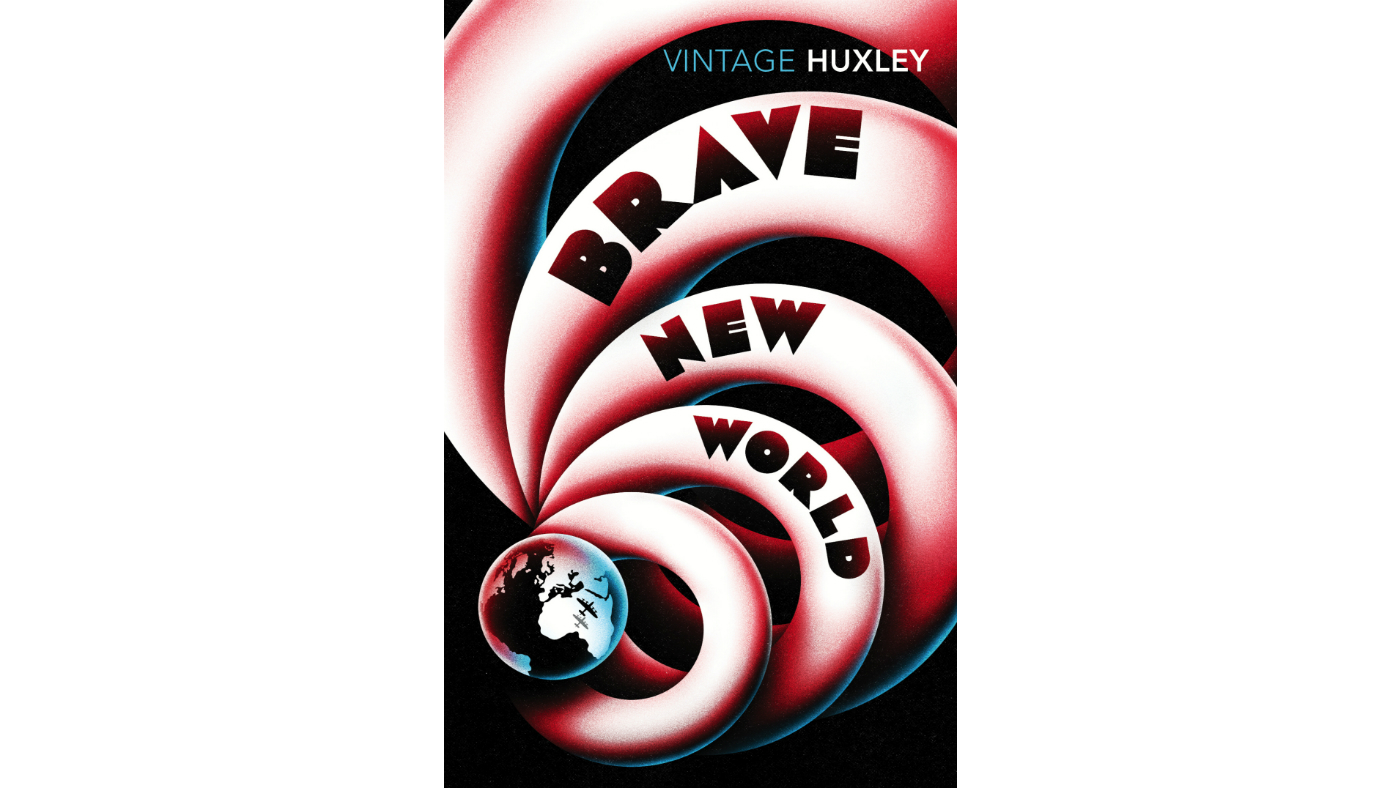
Brave New World by Aldous Huxley
Unlike in other stories of its kind, the population in Huxley's 1932 novel is more or less content, placated in a totalitarian society by a constant stream of sex, drugs and mindless entertainment, and spared from emotional affairs such as love and death. Humans are grown in bottles and assigned into castes, from the superior Alphas down to the stunted Epsilons, and the whole thing is overseen by a small group of World Controllers. Of course, some individualists refuse to conform, which causes a bit of an uproar. The book is often considered an even more accurate representation of our future than Orwell's 1984, in no small part because of its unnerving accuracy on the topics of capitalism and the power of technology.
A free daily email with the biggest news stories of the day – and the best features from TheWeek.com
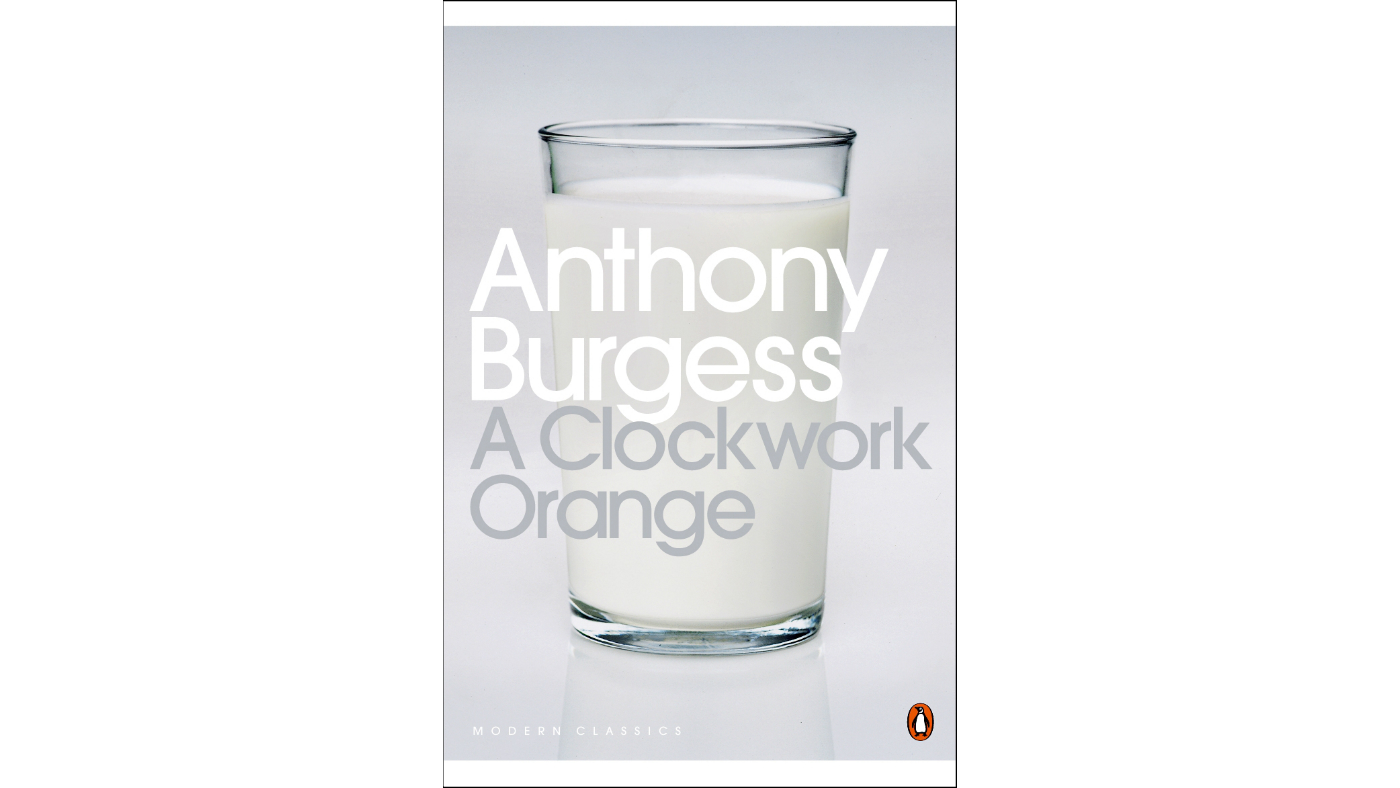
A Clockwork Orange by Anthony Burgess
With his predilection for Beethoven and ultra-violence, 15-year-old Alex is the sociopathic anti-hero in Burgess's controversial novel. The setting is futuristic Britain governed by a repressive regime, where the likes of Alex and his brutal gang of "droogs" run rampant in an otherwise complacent society. Alex is eventually sent to prison and chosen to participate in a behavioural-modification procedure, conditioning him to become ill at even the thought of violence. The treatment is successful and subsequently raises questions for the reader about free will, responsibility and choice – themes as relevant today as they were when the book was published in 1962.
-
 Why is the Trump administration talking about ‘Western civilization’?
Why is the Trump administration talking about ‘Western civilization’?Talking Points Rubio says Europe, US bonded by religion and ancestry
-
 Quentin Deranque: a student’s death energizes the French far right
Quentin Deranque: a student’s death energizes the French far rightIN THE SPOTLIGHT Reactions to the violent killing of an ultraconservative activist offer a glimpse at the culture wars roiling France ahead of next year’s elections
-
 Secured vs. unsecured loans: how do they differ and which is better?
Secured vs. unsecured loans: how do they differ and which is better?the explainer They are distinguished by the level of risk and the inclusion of collateral
-
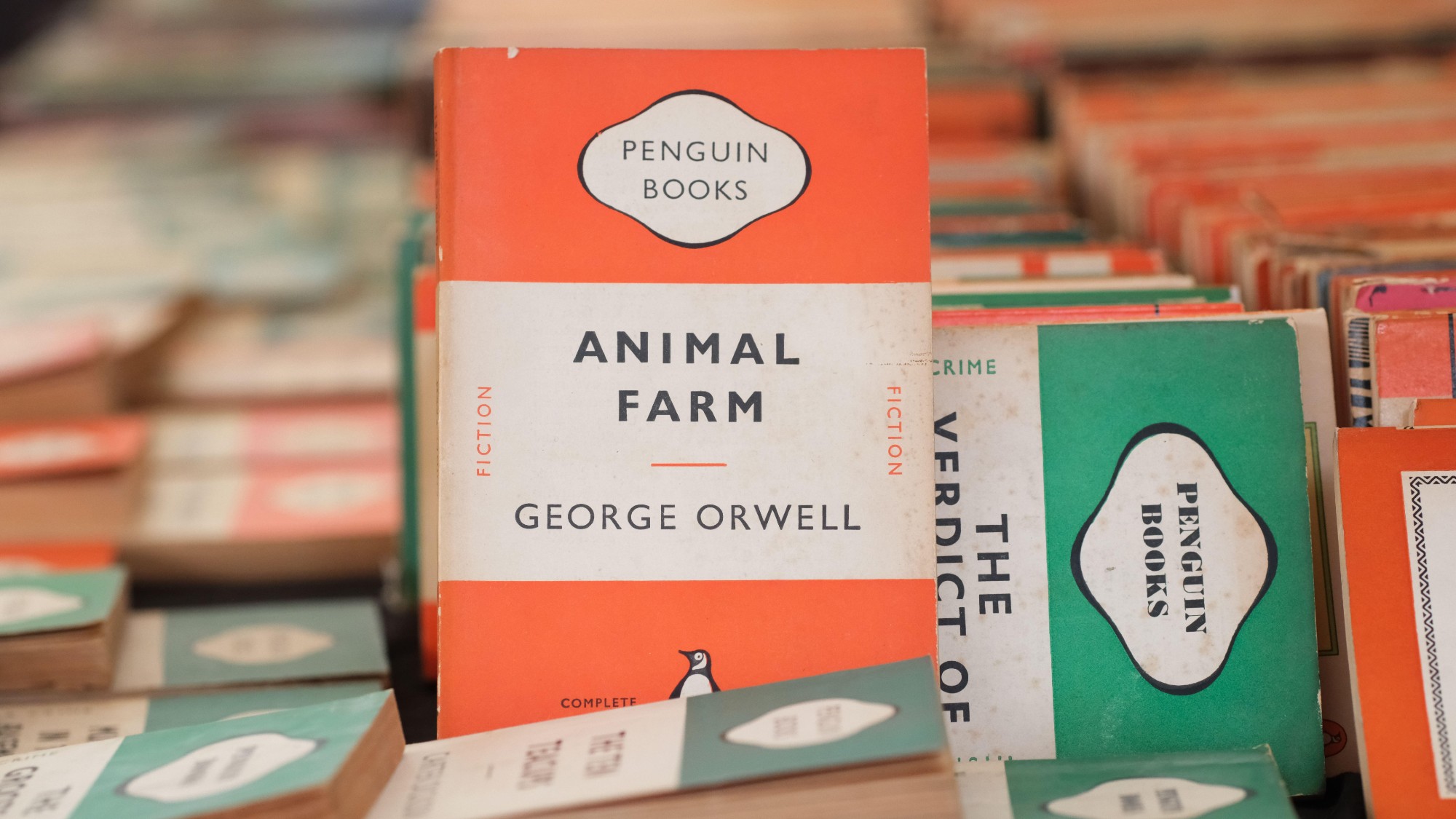 'Animal Farm' at 80: Orwell's parable remains 'horribly' relevant
'Animal Farm' at 80: Orwell's parable remains 'horribly' relevantTalking Point George Orwell's warnings about authoritarianism and manipulation have been weaponised across the political spectrum
-
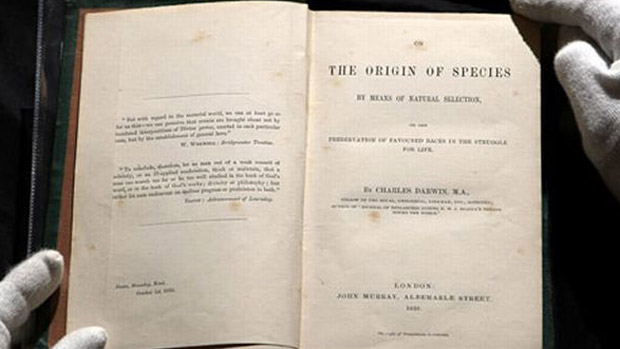 British readers choose Bible and Darwin as most influential books
British readers choose Bible and Darwin as most influential booksSpeed Read Poll by Folio Society sees Bible win on 37% – but Origin Of Species comes close with 35%
-
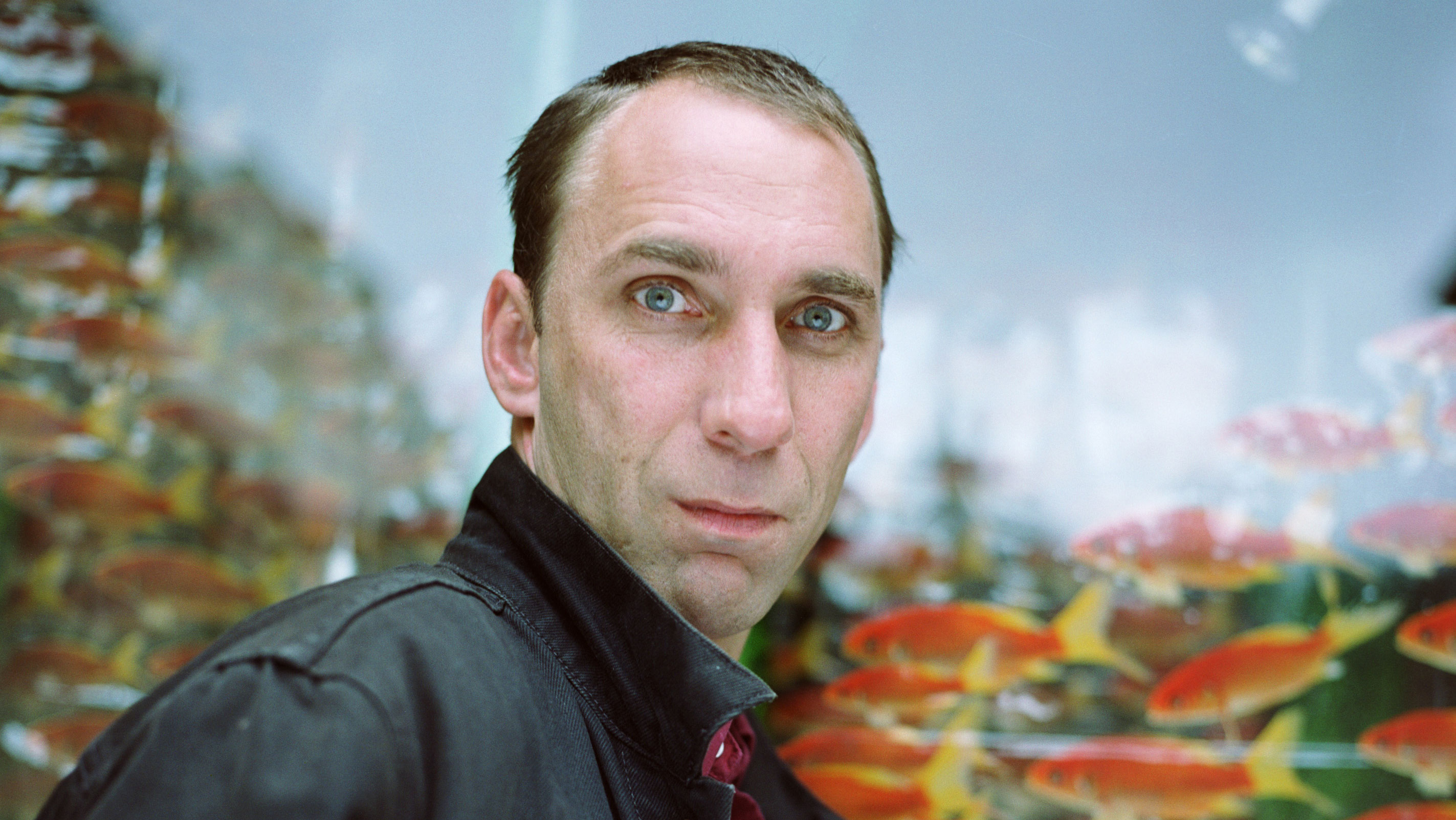 Shark attack: Will Self goes for 'mediocre' George Orwell
Shark attack: Will Self goes for 'mediocre' George OrwellIn Depth Self, a notorious purveyor of obtuse English, attacks the master of clarity for – yes – his clarity